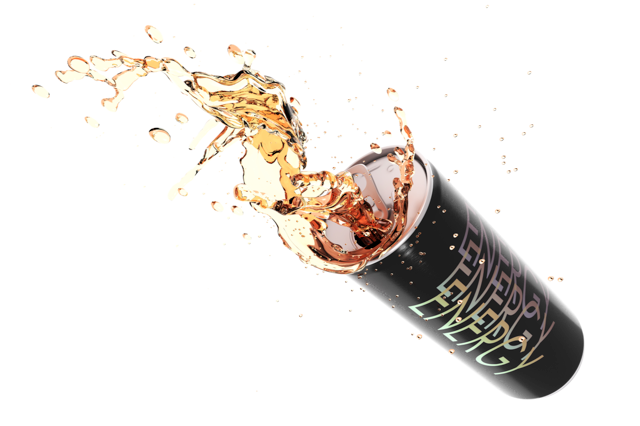Shops within hospitals will not be permitted to sell energy drinks to anyone under the age of 16.
The new restriction, which will apply to drinks with an added caffeine content of more than 150mg/litre, will also be matched by all NHS-run catering sites.
The change is the latest update to the Healthcare Retail Standard, a set of criteria that all retailers operating in NHS sites in Scotland must adhere to. The HRS ensures that at least 50% of food and 70% of drinks on sale are healthier options, according to the Scottish government.
New restrictions on baby food are also being introduced to ensure healthy eating behaviours are instilled at the earliest possible stage. Products will have to contain no added sugar or salt and be unsweetened.
The British Soft Drinks Association said it supported the move, which is in line with its code of practice. BSDA said: “Our members do not market or promote energy drinks to under 16s, nor do they sample products with this age group.”
Under current EU labelling rules, any drink, other than tea or coffee, that contains over 150mg of caffeine per litre requires a warning label: “High caffeine content. Not recommended for children or pregnant or breast-feeding women.”
Despite these warning labels children are still consuming these drinks – and in large numbers. More than two thirds of UK children aged 10-17, and nearly a quarter of those aged 6-9, are energy drink consumers. What’s more, adolescents (aged 10-17) who drink energy drinks are drinking, on average, 50% more than the EU average for that age group.
The UK government is currently mulling over a ban on selling energy drinks to children. A consultation closed in November 2018 but ministers are yet to make a final decision.








